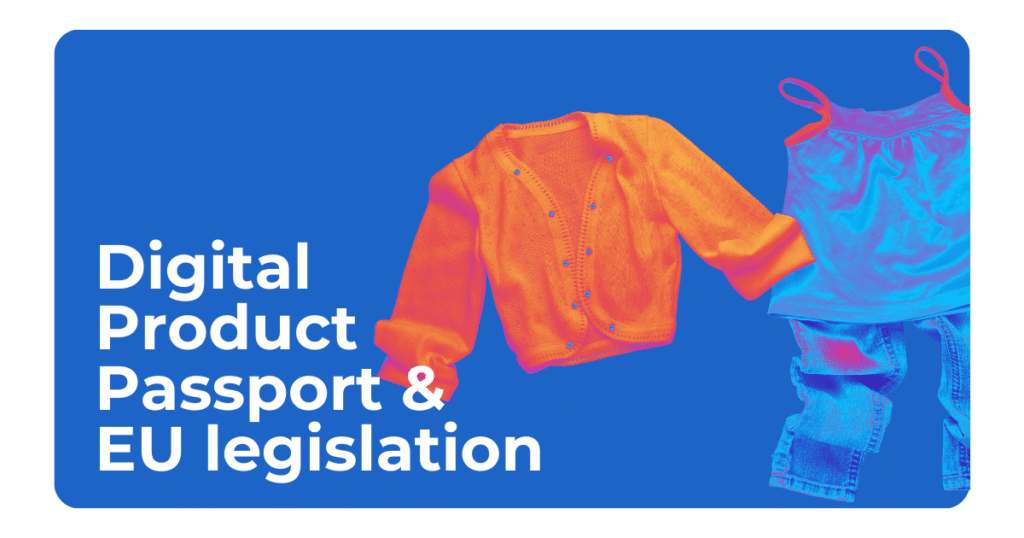

The digital product passport and its European potential.
Sustainability has become one of the main concerns worldwide, and the European Union is no exception. Member countries have developed the European Sustainability Strategy, which sets out an ambitious roadmap for addressing the environmental, economic, and social challenges we face today. In this strategy, priority sectors and areas are identified that require special attention, and various regulations and specific measures have been proposed for them.
However, implementing these measures and proposals can be quite a challenge for many companies. Many of the newly created or modified regulations specify actions related to traceability, waste reduction, and recyclability. This is where the digital product passport can facilitate the transformation of various sectors to align with the European sustainability strategy. Here are some examples:
European regulations by sectors
- EU Strategy for Sustainable and Circular Textiles:
Implemented in 2022, this strategy aims to transform the textile industry into a more sustainable and circular sector. By promoting responsible resource use and minimizing waste, the strategy seeks to reduce the environmental impact of textile production.
The digital product passport is an indispensable tool for tracing the circularity of clothing pieces and promoting the circular economy in the sector. Furthermore, it enables consumers to make informed decisions about the sustainability and origin of textile products.
New EU Battery Regulation:
With an implementation goal set for 2026, the New EU Battery Regulation aims to establish sustainable standards for batteries. This regulation will contribute to minimizing environmental impact and promoting battery recycling.
In this sector, the digital product passport is crucial for tracing the origin, composition, and lifecycle of batteries, thereby facilitating their recycling and sustainable management. Incorporating a digital product passport enables consumers to understand how to recycle their batteries, which is essential in today's context.
- Construction Products Regulation (CPR):
Proposed in 2022, the Construction Products Regulation aims to redefine standards in the construction industry. Its goal is to ensure the safety, reliability, and environmental performance of construction products, promoting more sustainable construction practices.
The digital product passport in construction, is crucial for tracing the origin and characteristics of materials, promoting the selection of more sustainable and efficient options, thereby contributing to the construction of greener and environmentally responsible buildings. Moreover, it enhances transparency in the supply chain and ensures compliance with environmental regulations, which is essential in an industry that has a significant impact on natural resources and environmental footprint.
- Critical Raw Materials Law:
With the published initial drafts drafts during the first quarter of 2023, the Critical Raw Materials Law addresses the responsible acquisition and management of critical raw materials. This initiative is crucial to ensure resource security and reduce vulnerabilities in the supply chain.
The digital product passport is crucial for the Critical Raw Materials Law because it enables the tracing of the origin and composition of raw materials, ensuring the transparency and traceability necessary to manage these essential resources sustainably and safely in the industry. Additionally, it facilitates compliance with regulations and policies related to security, environmental protection, and reducing dependence on critical sources.
Do you want to learn more about how a digital product passport with blockchain technology can help you adapt to the new regulations?Let's explore further!!
Products
Digital Product Passport
Descentralized platforms
Descentralized Identity
Verificable Credentials
About us
Team
Methodology
Our Mission
Connect
Cristòfol Grober 4, local 35
17001 - Girona
info@blueroominnovation.com
Follow us
Copyright © 2024 Blue Room Innovation Privacy Policy - Legal Warning - Cookies Policy